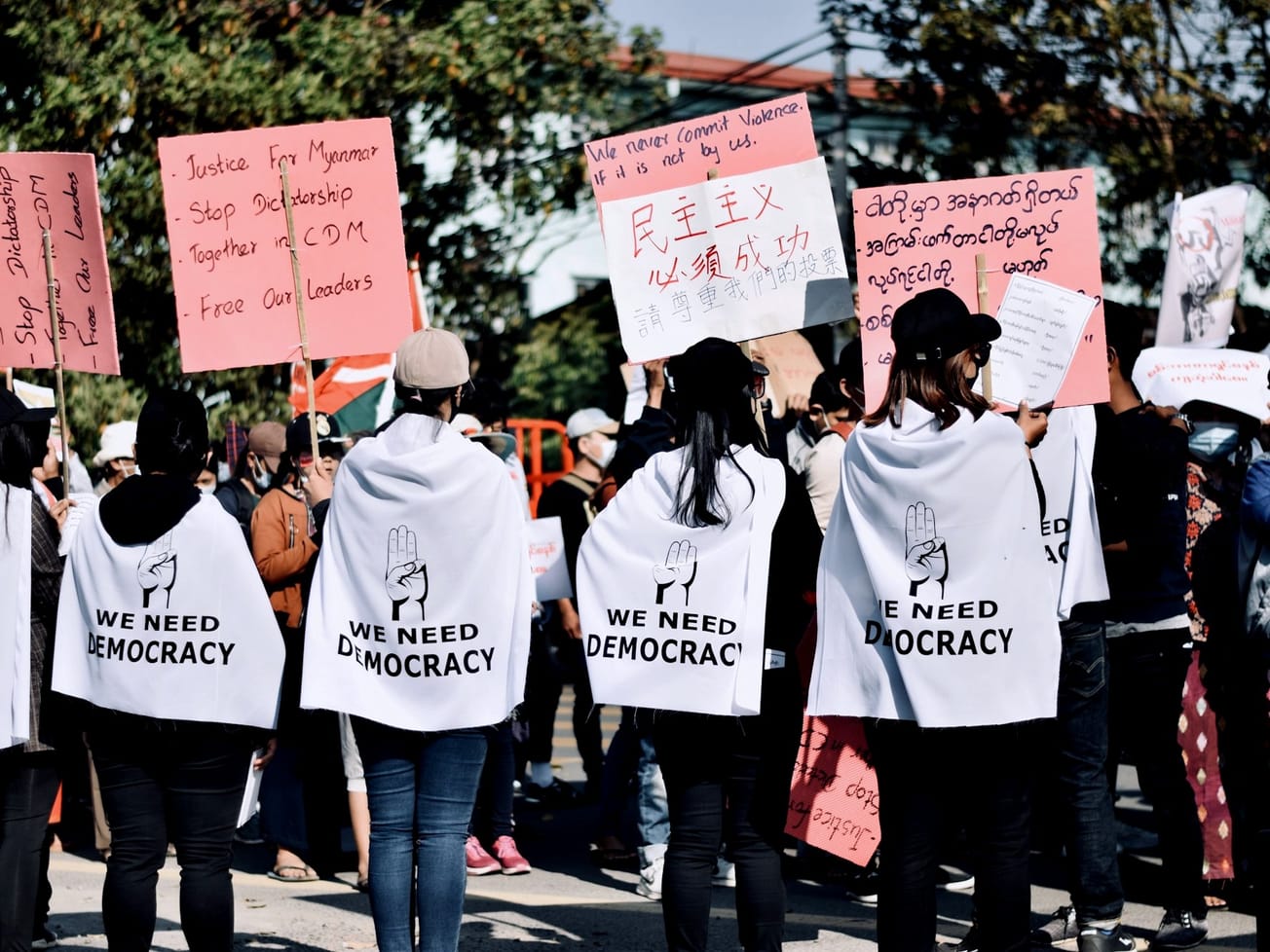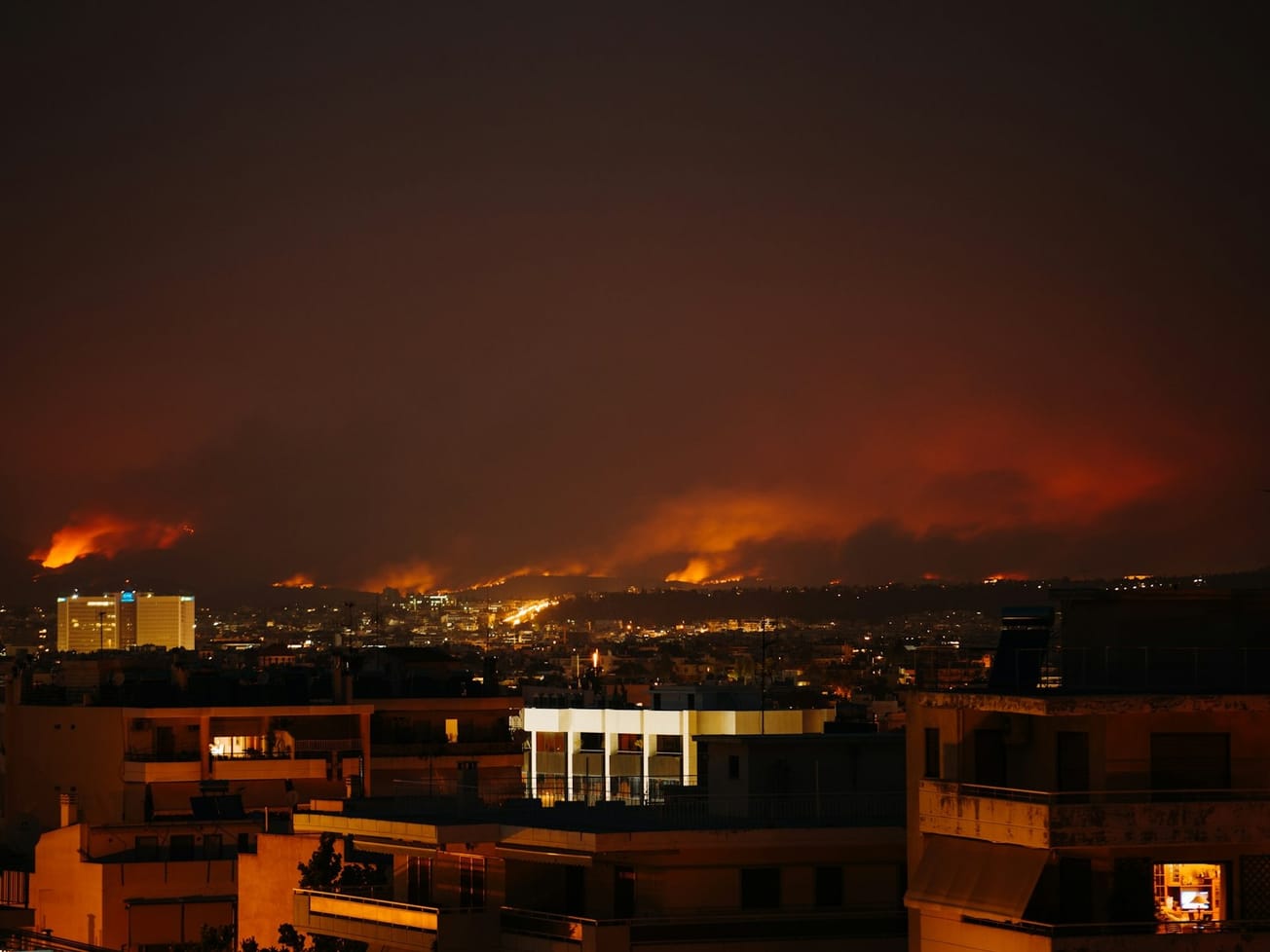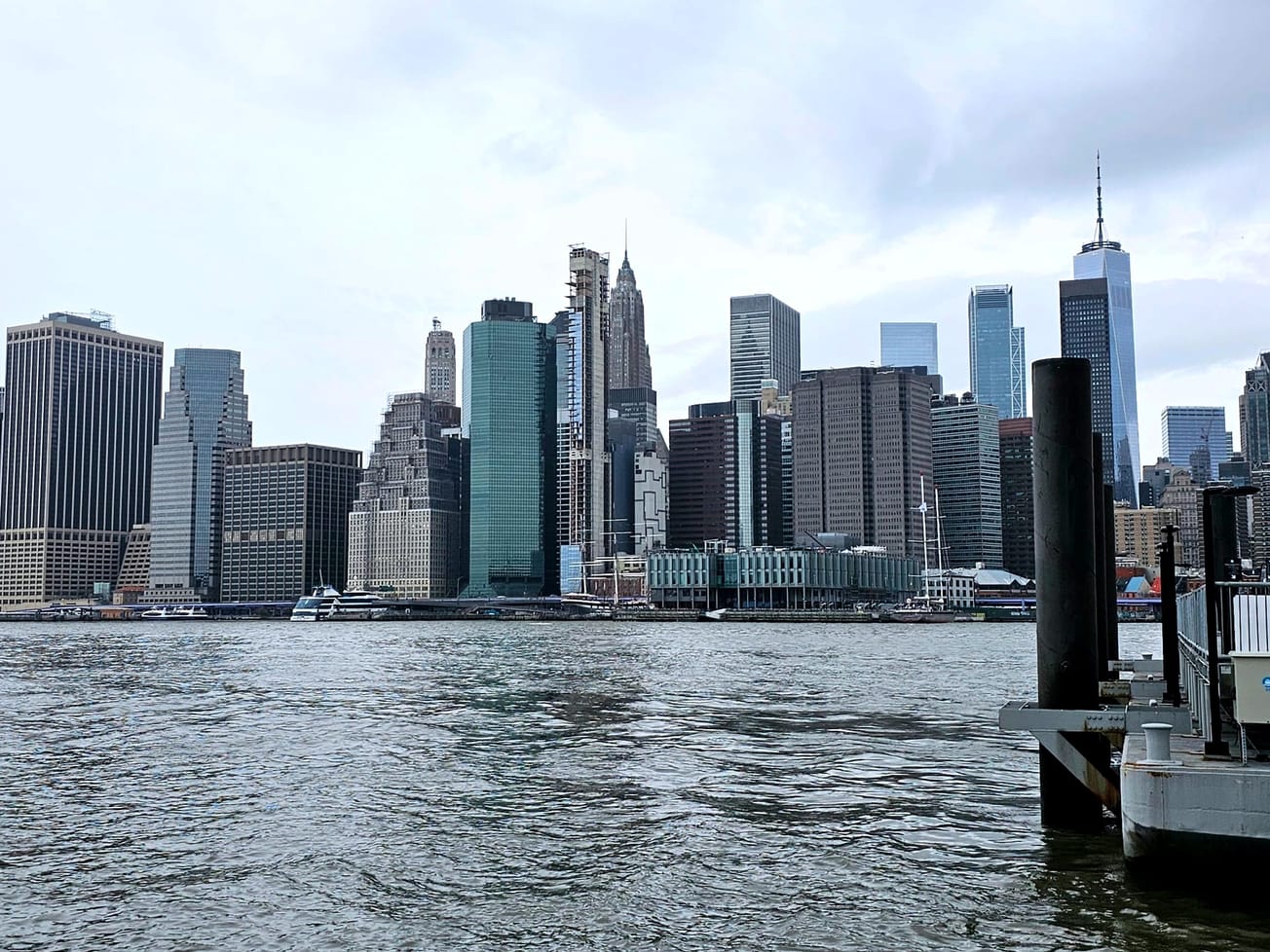GENEVA (AN) — A landmark human rights treaty that turns 30 years old this week has helped make children healthier today but they still face new threats such as climate change and online abuse, UNICEF said in a new study on Monday.
The U.N. children's agency said its study found the U.N. Convention on the Rights of the Child, or CRC, first adopted on November 20, 1989, has helped increasing numbers of children to live longer, better and healthier lives, but the poorest and most vulnerable among them face long odds at such improvement.
"In addition to the persistent challenges of health, nutrition and education, children today have to contend with new threats like climate change, online abuse and cyberbullying," said Henrietta Fore, UNICEF's executive director.
"Only with innovation, new technologies, political will and increased resources will we help translate the vision of the Convention on the Rights of the Child into a reality for all children everywhere," she said.
The UNICEF study noted the treaty was adopted at a moment of "rapid global change marked by the end of apartheid, the fall of the Berlin Wall and the birth of the World Wide Web," and since then there has been "historic progress" in some areas of children's rights.
But the treaty now stands at a "crossroads," it said, because in other areas the "sense of renewal and hope" for children’s rights has become muted. Other international organizations devoted to improving the lives of children agreed with that assessment.
"Children today are healthier, better nourished, more educated and more protected in law than at any point in human history. A good thing, considering they make up 30% of the world’s population," Delphine Moralis, secretary-general of Geneva-based Terre des Hommes International Federation, said in a statement.
"But while the CRC has improved the lives of countless children, many are still not enjoying its benefits," said Moralis, citing the 152 million children worldwide trapped in exploitative child labor and 130 million girls worldwide not attending secondary school.
"These ‘left behind’ children are generally living in poorly governed or conflict-affected regions, or belonging to excluded social groups, whose governments find it politically convenient to marginalize," she said.
Also Monday, U.N. independent expert Manfred Nowak said a United Nations study found the United States has the world's highest rate of children in detention. He said more than 100,000 children have been held in immigration-related custody, violating international law.
Globally, more than 5.4 million children under the age 18 are detained around the world including 330,000 in immigration-related facilities, Nowak told a webcast U.N. press briefing at Geneva.
The findings come from the third U.N. Global Study on Children Deprived of Liberty, after the first two studies in 2006 and 1996. The study says children should be held in detention only for short periods of time and when absolutely necessary.
“Of course. separating children, as was done by the Trump administration, from their parents — and even small children at the Mexican-U.S. border — is absolutely prohibited by the Convention on the Rights of the Child," said Nowak, noting the United States is the only nation in the world that is not part of the children's rights treaty, which applies to those younger than 18.
"I would call it inhuman treatment for both the parents and the children," he said of the mass immigration-related detentions of children in the United States under the Trump administration's border policies. "And there are still quite a number of children that are separated from their parents — and neither the children know where the parents are, nor the parents know where the children are.”
In June 2018, the Office of the United Nations High Commissioner for Human Rights, or OHCHR, said U.S. President Donald Trump's administration was violating children’s rights under international law by breaking up families arriving from Mexico.
Though the U.S. Senate never ratified the U.N. children's rights treaty, the United States signed it and ratified other treaties with similar obligations. Then-U.S. ambassador to the U.N., Nikki Haley, sharply rebuked OHCHR for its criticism.
In commemoration of the United Nations General Assembly's adoption of the children's treaty, the world body marks World Children's Day each year on November 20. The CRC took effect on September 2, 1990, after 20 nations ratified it. Since then, 196 nations have joined — including all of the U.N.'s 193 member nations, except for the United States.
"Thirty years ago, nations joined together to make an unprecedented promise to the children of the world. They pledged not only to proclaim children’s rights, but to uphold them and be accountable for them," U.N. Secretary-General António Guterres told the U.N. General Assembly in a September 25 speech.
"The Convention on the Rights of the Child was a landmark achievement," he said. "For the first time, governments explicitly recognized that children have the same human rights as adults — as well as specific additional rights that recognize their special status as dependents."
In 2009, then-U.S. President Barack Obama tried unsuccessfully to revive efforts to have the United States sign onto the treaty. At the time, it had been ratified by every U.N. member nation except the United States and Somalia. In 2015, Somalia ratified it, leaving the United States as the sole holdout.
The legally binding treaty specifies children have basic rights to education, health care and protection from abuse. It has been used in Africa, Asia and the Middle East to improve child protection laws. U.S. opponents, however, have long argued it could open the door to outside interference.
It’s the world’s biggest celebration of children’s rights and it’s coming right this way. On 20 November, we’re supporting children to lift their voices and claim their rights. Will you join us? #WorldChildrensDay pic.twitter.com/tI5WAk2d20
— UNICEF (@UNICEF) November 17, 2019
Enlisting kids to find solutions
Since the adoption of the treaty, the global rate for under-five mortality has dropped by around 60%, while the proportion of undernourished children has almost halved, UNICEF said.
In addition, nations have increasingly revised their constitutions, laws and policies to reflect the treaty's principles that children must be allowed to grow, learn, play, develop and flourish with dignity. But the UNICEF study points to "uneven progress" in confronting old and emerging threats.
"If current trends persist, in 30 years the world’s children are likely to face a much bleaker outlook," the study said. "Without a fundamental change in direction, for example, climate change will be irreversible, inflicting disastrous effects on the planet and humanity well before the Convention reaches its 60th anniversary."
The study found "children from the poorest households are, on average, twice as likely to die before they reach their fifth birthday than children from the most affluent households. In some countries, children under age 5 from the poorest households are about three times as likely to die as those from the richest households."
Between 2012 and 2017, the rate of immunization coverage for children in cities was 10% higher than in rural areas. Lethal cases of childhood measles have been on the rise as immunization coverage rates slowed since 2010. Progress in education also is dismal, UNICEF said, citing figures that efforts to reduce the numbers of primary level children out of school have largely stalled for more than a decade.
Children’s access to schools is a concern. "Globally, the number of out-of-school children at the primary level has remained largely static since 2007, as increased access to primary education has barely kept pace with global child population growth – particularly in Africa," UNICEF said. "Learning outcomes, too, are at issue, as a remarkably large number of children are experiencing learning difficulties."
Meantime, the student-led protests against climate change around the world have shown that children are increasingly facing new sorts of dire threats. "Rapid changes in climate are spreading disease, increasing the intensity and frequency of extreme weather events, and creating food and water insecurity. Unless urgent action is taken, the worst for many children is yet to come," UNICEF warned.
The U.N. agency called for increased data, research and government dialogue along with more involvement of children in finding solutions to problems that affect them. The treaty "stands at a crossroads between its illustrious past and its future potential," Fore summed up. "It is up to us to recommit, take decisive steps and hold ourselves accountable."









